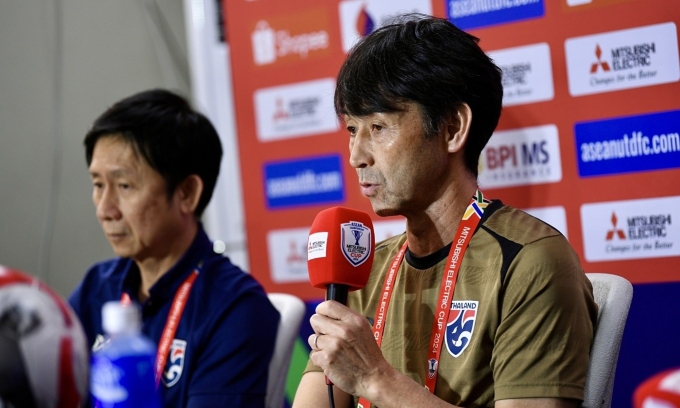Many tennis players and pundits believed that if Jannik Sinner maintained innocence in his doping case, he had no reason to accept a three-month ban under a settlement.
"So WADA come out and say it would be a 1-2 year ban. Obviously, Sinner's team have done everything in their power to just go ahead and take a 3-month ban, no titles lost, no prize money lost," Australian tennis star Nick Kyrgios wrote on X after hearing about Sinner's settlement for a three-month ban after a meeting with the World Anti-Doping Agency (WADA) and International Tennis Integrity Agency (ITIA) last week.
"Guilty or not? Sad day for tennis. Fairness in tennis does not exist," Kyrgios added.
The settlement allows Sinner to avoid a potentially longer suspension, as rumors suggested he could have faced a ban from 1-2 years if WADA had not withdrawn the case from the Court of Arbitration for Sport (CAS).
Initially, WADA sought a more extended suspension, appealing ITIA’s initial ruling, which imposed a brief one-week suspension before declaring the Italian player innocent last year. Notably, the ITIA only disclosed the incident five months after it occurred, when Sinner tested positive for the banned substance clostebol due to exposure to Trofodermin cream, following a mistake of his therapy assistant.
 |
|
Jannik Sinner at the 2025 Australian Open, at Rod Laver Stadium, Melbourne. Photo by Reuters |
In a statement on Feb. 15 announcing Sinner's ban, WADA stated that Sinner "did not intend to cheat" and ruled that he did not gain any benefit from clostebol. The organization said it had reached a settlement with Sinner's representatives and ITIA over a three-month ban.
The global anti-doping agency's decision to reach a settlement, which went against its usual strict enforcement, has sent shockwaves through the sports community, extending beyond tennis.
Three-time Grand Slam champion Stan Wawrinka expressed his frustration on X, stating: "I don't believe in a clean sport anymore..."
Former Russian tennis player Yevgeny Kafelnikov also questioned the decision, writing: "I just don't get it! If you are absolutely 100% sure of your innocence... why you accepting 3 month ban?? Makes no sense to me."
Sinner's representatives indicated that the 23-year-old "felt he had to take some responsibility" for the mistake made by his therapy assistant. However, the core of the matter lies in the failed doping test, akin to other cases in tennis that have resulted in much longer bans.
"When you put the facts together, you wonder if the people involved in this are making fun of us," remarked former Roland Garros champion Marion Bartoli on social media. "For Sinner to choose his own suspension is a worse message than not suspending him."
British tennis commentator Pavvy G suggested that Sinner's suspension casts tennis in a negative light, stating: "This is blatant corruption. When a player can negotiate his doping conviction, you understand how much control and power those responsible have. Tennis is in the grip of corruption. This is the biggest scandal in sport. It's disgusting that Sinner hasn't missed a Grand Slam."
"Didn't realize you could reach a settlement regarding a doping ban... Interesting. Back in time for the French Open, I guess?" wrote British tennis player Liam Brody on X.
A three-time Grand Slam champion, Sinner is currently number one on world tennis ranking.
Sinner's three-month ban, effective from Feb. 15, allows him to return in time for the Rome Masters on home soil, the final major event leading up to Roland Garros on May 27.

 3 days ago
20
3 days ago
20












































